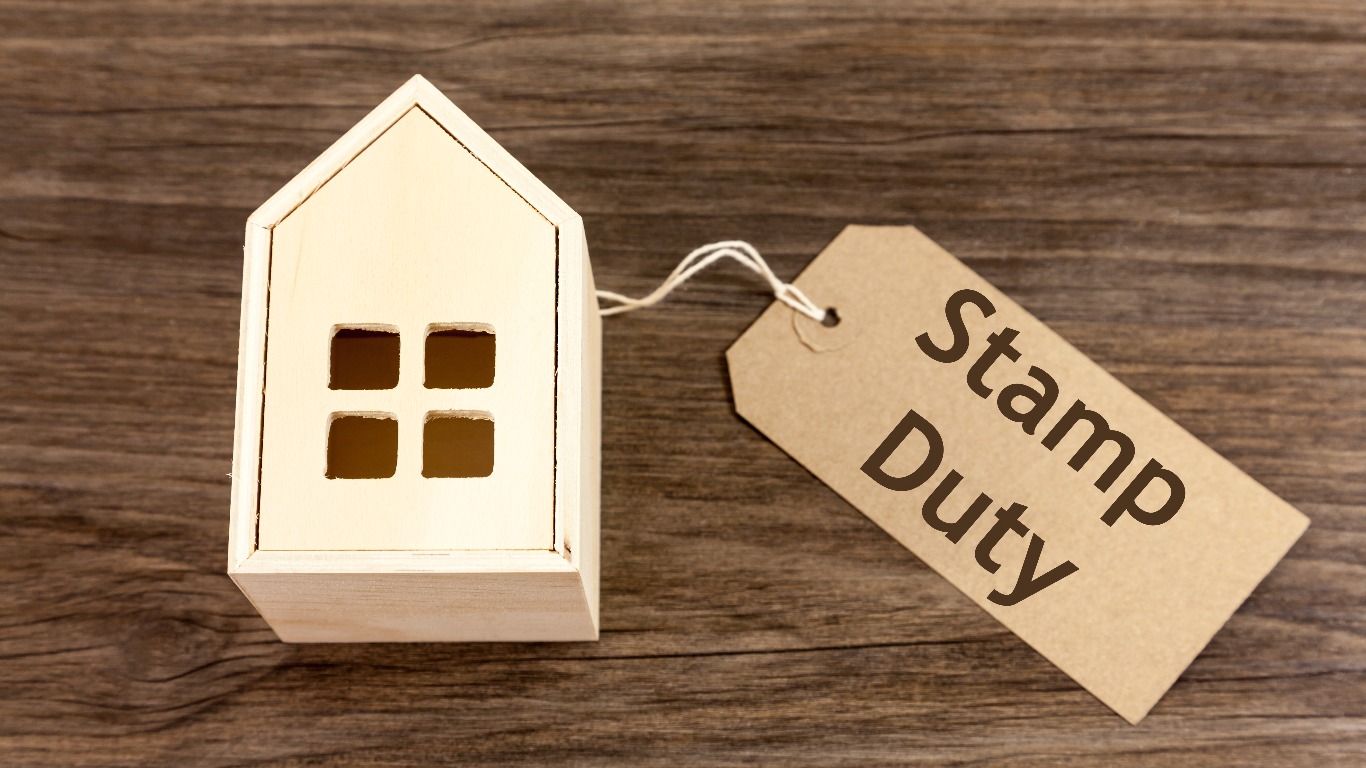Homeowner incentives: Stamp Duty holiday, Green Homes Grant, Lifetime ISA and more

Whether you're a homeowner or a aspiring homebuyer, there are all sorts of different handouts and incentives available from the Government.
As a nation we are pretty preoccupied with home ownership.
An Englishman’s home is his castle, and all that.
And that’s perhaps one of the reasons that successive Governments have announced so many schemes aimed at boosting the chances of people getting onto the property ladder or providing a financial helping hand to homeowners.
State-backed 95% LTV mortgages - coming soon
The latest brainwave from the Government is to offer guarantees to lenders in order to encourage them to offer long-term fixed rate mortgages to borrowers with deposits of only 5%.
We don’t really have any details on how this is actually going to work in practice as yet, just warm words from the Prime Minister about turning ‘Generation Rent’ into ‘Generation Buy’ by helping them buy with a smaller deposit.
But personally I think the Government is focusing its efforts in the wrong direction with this, as I explained in this piece on why Taxpayer-backed lending is not the way to help struggling first-time buyers.
Stamp Duty holiday
Once the housing market reopened post-lockdown, the Government decided it needed a helping hand in order to boost transaction levels.
As a result it elected to introduce a Stamp Duty holiday, which means that no tax is payable on the first £500,000 of any residential transaction until 31st March 2021.
Buyers then pay 5% on the next £425,000 (from £500,001 to £925,000) and 10% on the following £575,000 (from £925,001 to £1.5 million).
The Stamp Duty holiday also applies to landlords and those purchasing second homes, though they are still subject to a 3% surcharge.
As a result they pay 3% on the first £500,000, 8% on the next £425,000, and so on.
Visit the Government's Stamp Duty page

Lifetime ISA
Recent years have seen the Government come out with a host of different flavours of ISA for savers to consider, depending on what they want to get from the money they are putting aside each month.
This includes the Lifetime ISA, which is aimed at people saving either for their first home or for later life.
It’s only available to those aged 18-40, and allows you to save up to £4,000 a year, each year, until you turn 50.
The big selling point is that the money you save each year is topped up through a 25% bonus from the Government, up to a maximum of £1,000 per year.
This Lifetime ISA limit does count towards your £20,000 annual ISA limit, and you can hold both cash and stocks or shares, or a combination of them both, within your Lifetime ISA.
You can withdraw the money from your ISA to put towards buying a home, if you’re aged above 60 or if you’re terminally ill without having to pay a withdrawal charge. Otherwise it will cost you 20% (rising to 25% from next April).
You can also team up with someone else with a Lifetime ISA when purchasing the property, for example your other half, who can also make the most of the Government bonus on their savings.
Importantly the property must cost £450,000 or less, it will need to be at least 12 months after you open the ISA, buy with a mortgage and use a conveyancer or solicitor to act for you in the deal.
Visit the Government's Lifetime ISA page
Help to Buy
Help to Buy is an umbrella term for a whole bunch of different schemes designed to help people get onto the housing ladder.
For example, there’s the equity loan, where the Government provides the homebuyer with a loan of up to 20% of the property’s value (rising to 40% in London), on which no interest is charged for the first five years.
You combine this loan with a deposit of at least 5% and a mortgage
The equity loan only needs to be paid off in full when you pay off your mortgage, sell the property, or reach the end of the equity loan period, but you can pay the loan off in chunks over time.
There’s also the Help to Buy Shared Ownership programme, which offers buyers the option of purchasing a share of a property of between 25% and 75%, with rent paid on the share which you don’t own.
You can then purchase more shares in the property when you can afford to.
There have previously been two further elements of Help to Buy which have now closed ‒ a mortgage guarantee scheme, where lenders were encouraged to offer 95% mortgages, and the Help to Buy ISA which boosted savers deposits rather like the Lifetime ISA.
Visit the Government's Help to Buy page

Green Homes Grant
The Green Homes Grant is a new voucher scheme providing homeowners with financial support if they make their homes more energy efficient.
The vouchers are available for two-thirds of the cost of qualifying improvements, up to a maximum of £5,000.
However if you or someone in the household receives certain benefits then you may qualify for a voucher covering the entirety of the improvement work, up to a maximum value of £10,000.
The voucher has to be used on at least one ‘primary’ measure, such as cavity wall insulation, loft insulation or a low carbon heating measure like an air source heat pump.
If you install at least one primary measure, you can also put voucher money towards secondary measures, which includes things like draught proofing, double glazing or a hot water tank thermostat.
Visit the Government's Green Homes Grant page
First Homes Scheme
The First Homes Scheme is designed to help people buy their first home, with local buyers offered a discount of at least 30%.
That discount will then be passed onto future buyers when these homes are resold. The property will be independently valued, with the new buyer again benefitting from a 30% discount.
The scheme has not formally launched as yet, with the Government currently consulting on the final design of the scheme.
Comments
Be the first to comment
Do you want to comment on this article? You need to be signed in for this feature